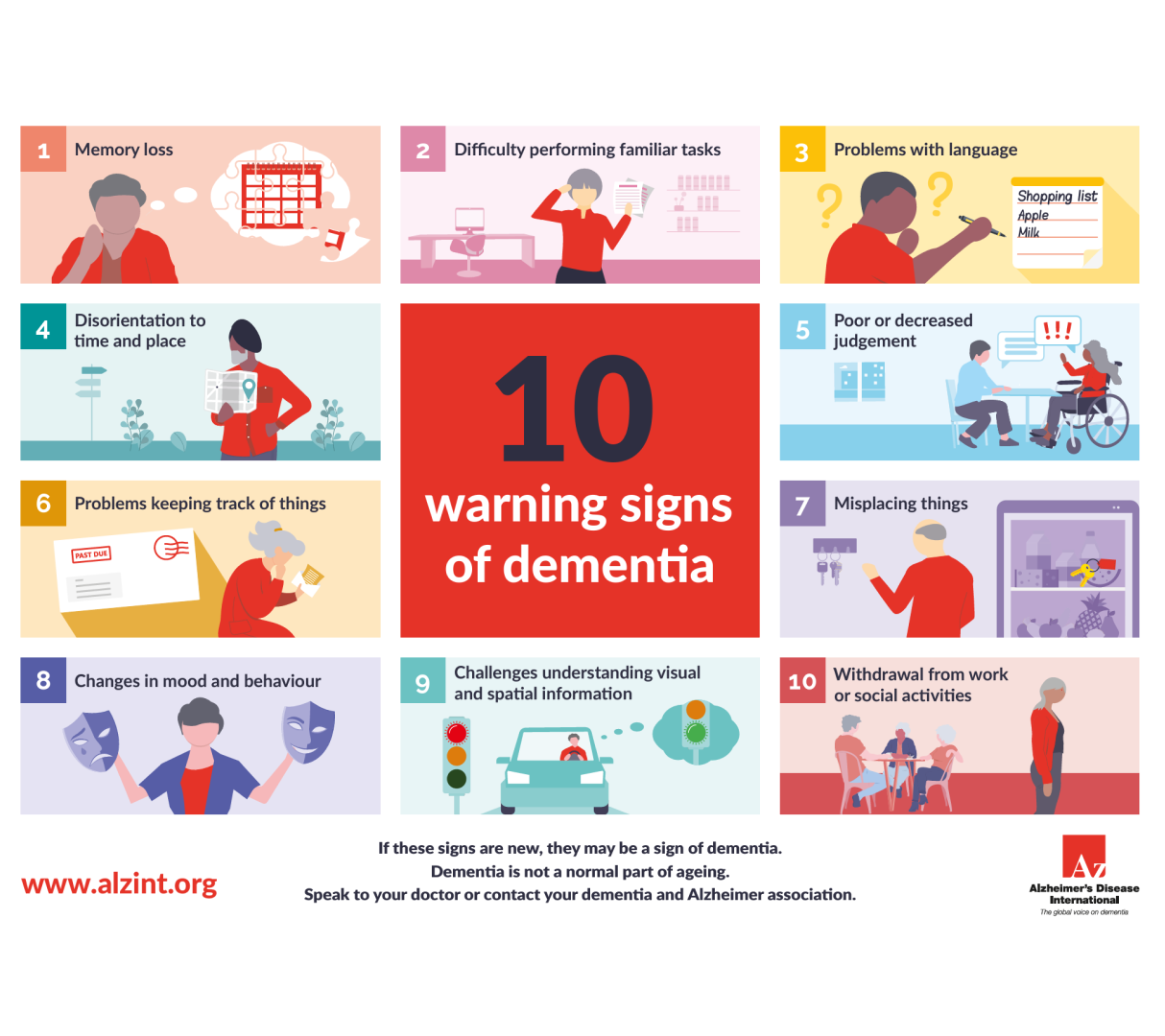In a moving and relatable piece published by iNews, a daughter shares the emotional journey of watching her mother exhibit signs of dementia - while denying anything is wrong. The article, “My mum refused a dementia test - her denial was heartbreaking but I understand her worry,” captures a reality many families face: the heartbreaking tension between recognizing symptoms and respecting the autonomy of a loved one who isn’t ready to acknowledge them.
The article touches a nerve for many. Because in truth, dementia isn’t just about symptoms - it’s about identity, control, and fear of what comes next.
The Emotional Weight of Denial
The daughter describes her mother’s increasing confusion and forgetfulness - forgetting the dog was gone, accusing family of hiding things, calling the author repeatedly within a short time span. But even as the signs became more visible, her mother refused to speak to the doctor. The suggestion of a dementia screening felt like a betrayal.
This denial isn’t uncommon. Many people living with early-stage dementia avoid diagnosis for fear of stigma, loss of independence, and being treated differently. The article powerfully explores how denial can be both a coping mechanism and an act of resistance against a label that feels heavy with social consequences.
Why Dementia Denial Is So Common
The author’s story reflects what global research confirms: stigma and misunderstanding remain major barriers to dementia diagnosis and care.
According to the World Alzheimer Report 2024, many people avoid screening due to:
-
Fear of being treated as “less than”
-
Past negative experiences with the healthcare system
-
A belief that memory loss is “just aging”
-
Fear of losing independence or the right to make decisions
-
Worry that others will pity or avoid them
Even among health professionals, there’s evidence of ageist bias and assumptions that can discourage someone from seeking help. The shame and discomfort around cognitive decline is deeply rooted in our culture, often leaving families unsure how to help - or when to intervene.
What This Story Teaches Us
What makes this article particularly powerful is the daughter’s empathy. Rather than pushing her mother into a diagnosis, she chooses to meet her where she is - with patience and understanding. She reminds readers that while frustration is natural, respect, gentleness, and emotional support often do more good than pressure.
She writes, “I want to be a daughter who walks beside her, not someone who pushes her through a door she’s afraid to open.”
Practical Advice for Others in This Situation
For families seeing similar signs, this story offers quiet but impactful advice:
-
Focus on building trust, not forcing action
-
Use gentle language like “just a check-in” rather than “test”
-
Keep notes on changes so you’re ready when the person is
-
Involve a trusted GP or family friend if appropriate
-
Prioritize emotional safety over immediate compliance
-
Offer tools (like memory aids or digital support) without framing them as “for dementia”
How Elli Cares Supports This Approach
At Elli Cares, we understand how delicate these moments can be. That’s why our app is designed to provide structure and connection - without labels. From medication and hydration reminders to family check-ins and Safe Zones, Elli Cares helps individuals maintain independence, dignity, and routine while giving loved ones gentle oversight.
Our goal is the same as this daughter’s: to walk beside someone with love, not ahead of them with judgment.
👉 Read the full article on iNews








